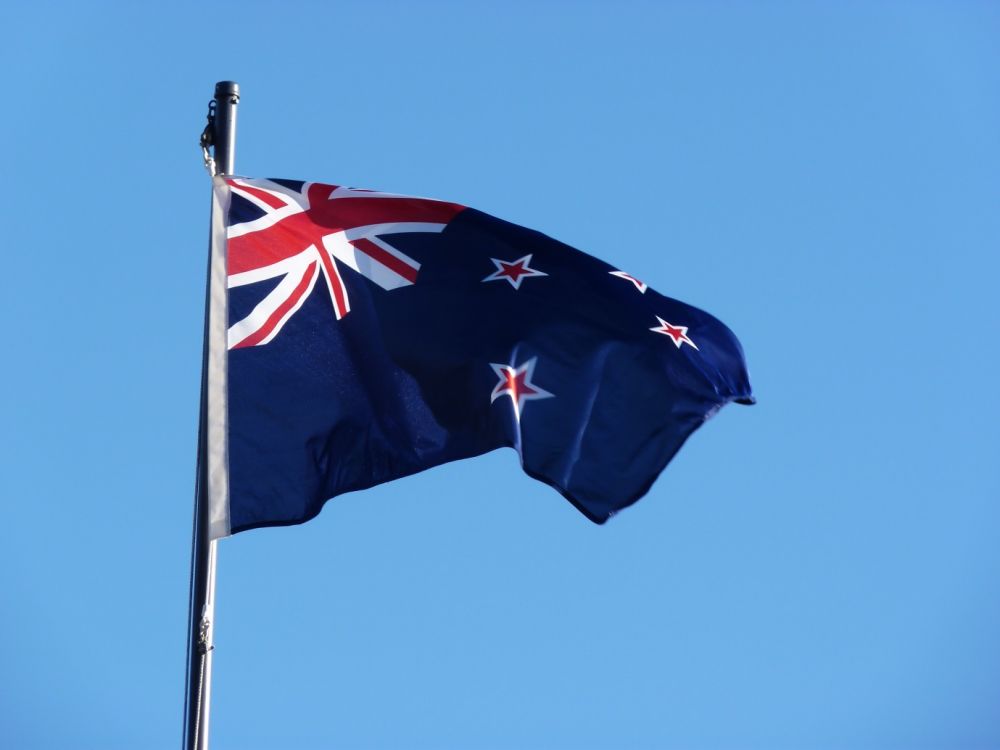New Zealand to play leading role in renewables & smart energy systems
A new report from the International Energy Agency (IEA) highlights the multiple reasons for New Zealand’s success in renewables and smart energy systems, as well as outlining the required steps to reform its heat and transport sectors

A new report from the International Energy Agency (IEA) highlights the multiple reasons for New Zealand’s success in renewables and smart energy systems, as well as outlining the required steps to reform its heat and transport sectors.
New Zealand is an established global leader in developing effective energy markets, renewable energy and formulating robust policies for energy security, linked to its unique natural resource base and geography.
According to the report, “Energy Policies of IEA Countries: New Zealand 2017 Review”, the country’s series of policy reforms and legislation has “contributed to a more reliable, affordable and environmentally sustainable energy system in New Zealand.”
By the end of 2015, the share of renewable energy in the country’s power mix increased to an impressive 80.2 per cent – New Zealand now hopes to increase this to 90 per cent by 2025.
The report states: “Target achievement is likely to rely on a stable contribution with small additions from hydro generation… further expansion in geothermal generation; investment in generation from wind; and perhaps also a continued growth of the residential solar PV market.”
Under the Paris Agreement, New Zealand has set ambitious goals to cut its greenhouse gas emissions to 30 per cent below 2005 levels by 2030; to achieve this target it will have to “adopt policies supporting the energy system transformation, encouraging greater energy efficiency, electrified transport and expanding renewable energy in the buildings, heat and industry sectors.”
The country has already introduced several initiatives to curb emissions, including the electric vehicle (EV) programme and the update to the New Zealand Energy Efficiency and Conservation Strategy.
The number of EVs in the country has already increased from around 1,000 at the end of 2015 to around 2,500 12 months later – while this is a relatively small EV market, the report asserts that New Zealand “offers excellent conditions for the further electrification of the car fleet” —specifically, the government’s support for a new EV programme.”
Dr. Fatih Birol, Executive Director of the IEA, said: “Government policies, including targets and standards, are needed to open up the potential of energy efficiency in industrial heat, buildings and transport.”
He went on to say: “Strong standards and policies will guide technology innovation and growth. New Zealand is a world-class success story for renewables and has excellent opportunities for using even more renewable energy in heat, but also in power supply and for the electrification of transport.”
The report prescribes that “as the energy sector becomes more decentralised and local, with greater shares of wind, solar, battery storage and EVs, the government should make sure that consumers and market participants are encouraged to build a smart system."
The authors of the report maintain that the widespread deployment of smart metering coupled with the emergence of new technologies in the country will provide “excellent opportunities for more efficient, innovative and competitive electricity retail and distribution.”
Never miss an update by signing up to our free newsletter here.






